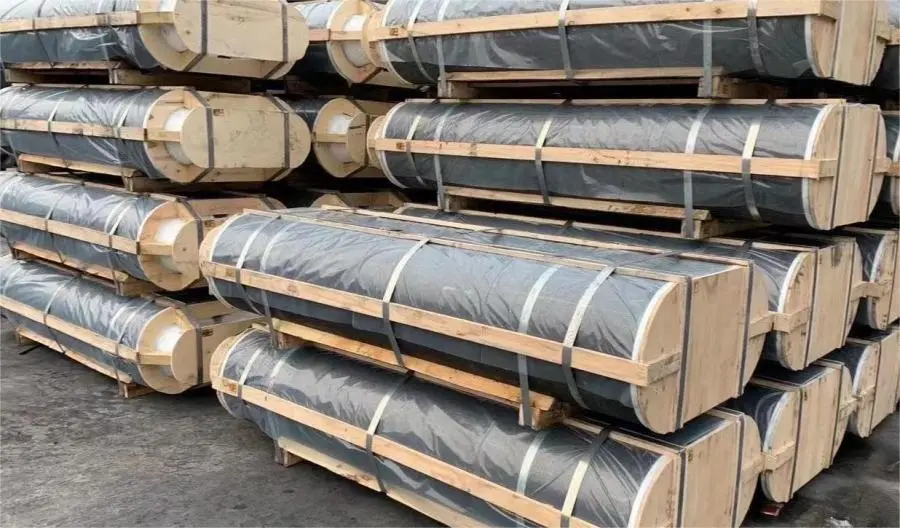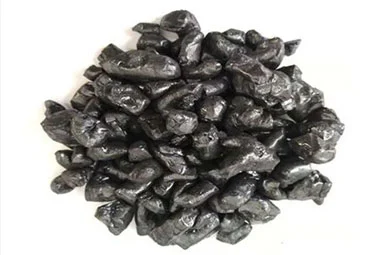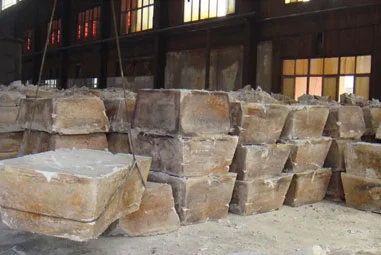
Graphite electrodes are vital components of modern industry, from steelmaking to aluminum production. These graphite-based products have exceptional thermal resistance, superior electrical conductivity, and high mechanical strength. They are used in a wide variety of industrial applications, and their importance is expected to rise as industries adopt energy-efficient and environmentally conscious manufacturing practices.
During the EAF steelmaking process, graphite electrodes are responsible for conducting electric current and generating heat to melt steel scraps. They are the most critical parts of EAFs, and must be able to withstand extreme temperatures—up to 3,000 degrees Celsius—in order to continue operating. In addition, they must maintain their structural integrity and avoid deterioration due to oxidation, thermal shock cracks, and foreign particulates. Fortunately, graphite electrodes are made from high-quality petroleum coke and needle coke, which helps them withstand these intense conditions.
In addition to their role in EAF steelmaking, graphite electrodes are essential in the production of various metals and minerals. For example, they are used in the Hall-Heroult process to produce aluminum, where they act as cathodes. They also play a crucial role in the Hall-Heroult process to create ferroalloys, such as ferrochrome and ferrosilicon. In these processes, graphite electrodes facilitate the fusion of various metal ores with carbon.
Other important uses for graphite electrodes include the production of chlorine and caustic soda through the electrolysis of brine, and silicon metal production via carbothermic reduction. In these cases, graphite electrodes help to reduce silica in the furnace by interacting with it under high temperatures.
Graphite electrodes are critical for many industrial applications, and the supply of this product is tightly linked to global demand. As a result, disruptions in the supply of this product can have a significant impact on global production rates. In addition, fluctuations in demand can spike prices. For example, increased demand for steel as a result of infrastructure projects can quickly increase the demand for EAFs and the associated graphite electrodes needed to operate them.
Graphite electrodes are also highly susceptible to moisture, which can cause corrosion and reduce their efficiency. This is why it’s important to store these products in a dry environment. Ideally, they should be kept in a roofed warehouse or storage area that is not exposed to rain or snow. In addition, they should be stored in a place that is not exposed to direct sunlight or excessive heat. Finally, graphite electrodes should be inspected regularly to ensure they remain intact. If they are found to have defects or holes, they should be replaced immediately. This will prevent damage to other equipment or injury to workers. In general, chemical electric cells with graphite electrodes can last up to 20 years if properly cared for. This includes charging and discharging them at the proper rates, storing them in cool and dry areas, and avoiding excessive heat. If the electrodes are damaged, they should be replaced immediately to protect the battery and ensure a long lifespan.


